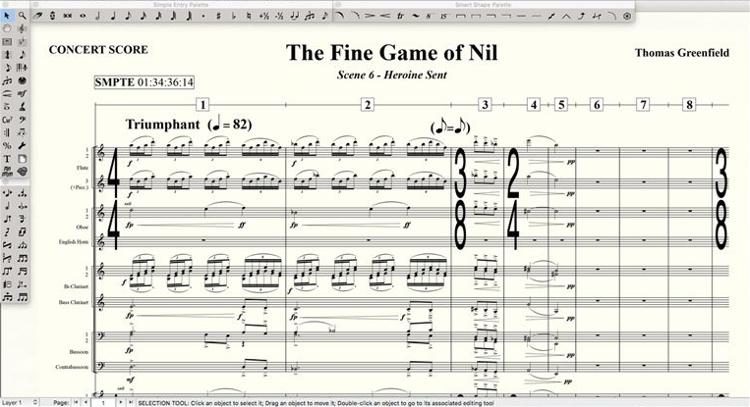

View her full profile here.Wondering if anyone has been able to set up Tapspace VDL marching percussion maps since the new unpitched percussion update. Jackie Woods is a communications consultant at Essential Media Communications. Peter Lewis is a director of Essential Media Communications. The survey was conducted online from October 31 to Novemand is based on 1002 respondents. Where is Team Australia when you really need it? The Greens have been roundly criticised for failing to make the compromises necessary to close the deal with Labor to secure the Carbon Pollution Reduction Scheme mark 1 while Labor wouldn't have had to negotiate with the Greens if Kevin Rudd had prioritised getting a deal with Malcolm Turnbull over exploiting the political divisions on climate within the Coalition.Īs it stands, Australians see a future of more frequent and extreme weather events caused by climate change, with a climate policy they're not convinced by.Īnd if the expected long, hot summer eventuates, the only thing for certain is the loud voices on both sides of the debate will lock in behind their preconceptions. This picture suggests the Abbott Government is set to get tangled up in a political mess on climate policy in the same way Labor did - in large part because of its own determination to exploit the issue for political gain rather than work co-operatively towards a policy solution that could gain broad support.īut while Abbott has played hard on climate politics, he's hardly the first.

In other words, Direct Action is the policy of choice for climate change deniers. Support for Direct Action as the best means of tackling climate change has bounced around between 5 and 15 per cent over the past year, coming in at 10 per cent when we most recently asked at the end of September.Īdding to the complexity - as we've found before Direct Action gets the limited support it does from people who are less likely to believe that climate change is real and caused by human activity. The Coalition was highly effective in exploiting divisions about climate science and policy and tearing down Labor's climate scheme, but it now faces the challenge of putting up its own credible alternative.ĭirect Action has never appealed much to voters and has been consistently less popular than various options involving pricing carbon. Most recently we've seen a decline in the "normal fluctuation" camp - down nearly 10 points since the start of the year, suggesting a swing could be on to greater acceptance of the scientific view put so forcefully by the IPCC. Our polling has shown a fairly consistent pattern over the last few years of about half believing climate change is real and human induced and a third believing any unusual climate antics are a normal fluctuation. This finding reflects a continuing divide in the community about the science of climate change. Of those who think extreme weather events will increase, three quarters believe the increase is likely linked to climate change.īut a significant proportion, 16 per cent, still believe a link between extreme weather and climate change is unlikely. (Based on the 63% who think extreme event are more likely.) Our Essential Report shows that voters aren't overly surprised by scientific predictions of more frequent extreme weather events. This week's twin developments neatly sum up the debate in Australia - a scientific community calling for urgent action for the future and a political response focused on minimising impact on the here and now. The extremes have been on display this week, with a new report from the IPCC warning the window to act is closing, while the Abbott Government managed to finally shut the gate on a deal to enact its policy of "Direct Action" with the support of mining magnate and sometimes environmental activist Clive Palmer. Years of divisive politicking around the issue has culminated in a policy with little public support and an electorate split over an issue that scientists warn us we need to confront in the here and now. If there's one thing settled on climate change, it is that the debate inevitably leads to extreme emotions, opinions and warnings of doom, be it the national economy or the global ecosystem. Recent developments on the climate change front (both from scientists and politicians) prove the issue is still vexed, but there are signs voters are warming to the scientific view, write Peter Lewis and Jackie Woods.


 0 kommentar(er)
0 kommentar(er)
